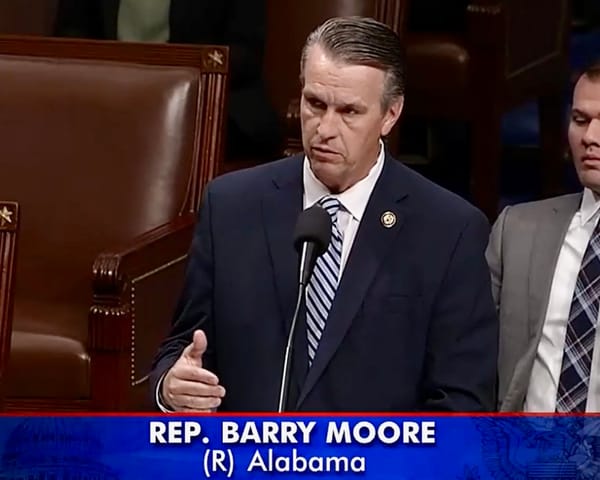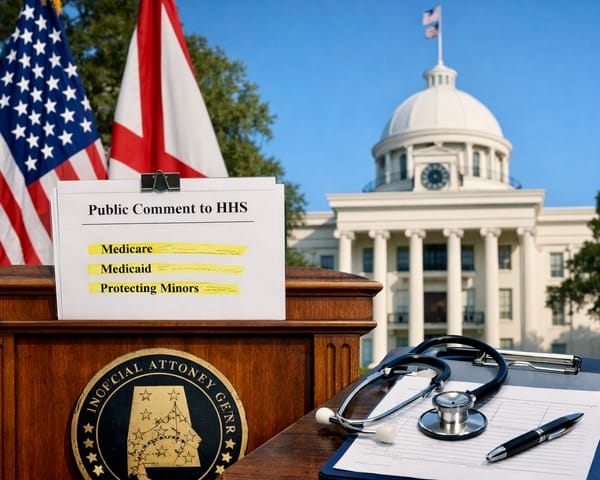HHS Removes Mercury from U.S. Flu Vaccines in Major Policy Shift
“This action fulfills a long-overdue promise to protect our most vulnerable populations from unnecessary mercury exposure”—Sec. Kennedy

The U.S. Department of Health and Human Services, under Secretary Robert F. Kennedy Jr., has officially adopted the CDC’s Advisory Committee on Immunization Practices (ACIP) recommendation to eliminate the mercury-based preservative thimerosal from all influenza vaccines distributed nationwide.
At its June 25–26 meeting in Atlanta, ACIP members voted in three separate votes (each 5–1), advising that children up to 18, pregnant women, and adults receive only single-dose flu vaccines free of thimerosal (HHS.gov). Secretary Kennedy's signature makes these recommendations federal policy, fulfilling a long-pending pledge to cut mercury exposure while keeping vaccines accessible.
ACIP is a CDC advisory body that sets federal vaccine policy. The ACIP’s recommendation carries extra weight because there is currently no confirmed CDC Director to sign off. Rather than wait, Secretary Kennedy took direct action on the recommendations.
“After more than two decades of delay, this action fulfills a long-overdue promise to protect our most vulnerable populations from unnecessary mercury exposure,” Kennedy said. “Injecting any amount of mercury into children when safe, mercury-free alternatives exist defies common sense and public health responsibility. Today, we put safety first.”
Efforts to eliminate thimerosal began in 1999 when the U.S. Public Health Service, the American Academy of Pediatrics, and vaccine makers agreed that even minimal mercury exposure posed potential risks—even if only theoretical. By 2001, the compound had been removed from nearly all childhood vaccines, except certain flu shots. This new decision marks its full removal from all influenza vaccines in the U.S.
Vaccine makers such as Sanofi and CSL Seqirus say they can supply thimerosal‑free vaccines without disrupting vaccine availability, including through the Vaccines for Children and adult programs.
In early June 2025, Secretary Kennedy removed all 17 sitting members of the ACIP — a panel that has guided U.S. immunization policy for decades. Kennedy described the action as a “clean sweep” intended to restore public trust and eliminate perceived conflicts of interest, replacing them with just eight newly appointed members, some of whom have publicly expressed skepticism of vaccines and lack traditional vaccine expertise. Critics, including the American Academy of Pediatrics, the Infectious Diseases Society of America, and multiple professional associations, warned that the abrupt restructuring threatens the credibility of vaccine guidance and disrupts nearly five decades of independent advisory processes.
Secretary Kennedy has spent years challenging federal health policy on this issue. In his 2015 book, Thimerosal: Let the Science Speak, Kennedy compiled more than 1,400 scientific references, including over 400 peer-reviewed studies, that he says point to a possible connection between mercury exposure and a range of neurodevelopmental disorders, including autism. He and other researchers argue that ethylmercury, the compound released by thimerosal, may not be as harmless as government regulators have claimed. The book cites studies showing damage to neurons, increased oxidative stress, and impaired mitochondrial function—particularly in developing brains. It also raises concerns about conflicts of interest and potential data manipulation in studies that federal agencies have used to defend thimerosal’s safety.
Critics warn the decision reflects ideology over science and could disrupt flu vaccine access—especially in rural areas and nursing homes that depend on multi‑dose vials. In rebuttal, vaccine skeptics point to a recent study from the Cleveland Clinic, which showed a 27% INCREASE (a “negative effectiveness”) in confirmed cases of seasonal flu among those who were vaccinated, as opposed to those who were not vaccinated due to religious or medical exemptions.
Other ACIP recommendations from the same June meeting—such as annual flu shot guidance for all individuals six months and older and a new RSV antibody for infants—remain under review by HHS.
This decision underscores Kennedy’s stated aim to restore public trust in immunization by removing perceived risks. He added, “With the U.S. now removing mercury from all vaccines, we urge global health authorities to follow this prudent example for the protection of children worldwide.”




